Description
Lizinna is a combined hormonal contraceptive pill (‘the Pill’). You take it to stop getting pregnant.This contraceptive
contains two types of female sex hormones, oestrogen and progestogen. These hormones prevent an egg being
released from your ovaries so you cannot get pregnant. Also, Lizinna makes the fluid (mucus) in your cervix thicker
which makes it more difficult for sperm to enter the womb.
Lizinna is a 21-day Pill – you take one each day for 21 days, followed by 7 days when you take no pills.
The benefits of taking the Pill include:
- it is one of the most reliable reversible methods of contraception if used correctly
- it doesn’t interrupt sex
- it usually makes your periods regular, lighter and less painful
- it may help with pre-menstrual symptoms
Lizinna will not protect you against sexually transmitted infections, such as Chlamydia or HIV. Only condoms can help to do this. Lizinna needs to be taken as directed to prevent pregnancy
Uses / Instructions
Take Lizinna every day for 21 days then have seven pill-free days
Repeat this process
Warnings
You may still be able to take Lizinna but you need to take special care and have check-ups more often:
- If you have problems with your heart, circulation or blood clotting, such as high blood pressure
- If you have diabetes without secondary problems
- If you have liver problems or gall bladder disease
- If you have Crohn’s disease or ulcerative colitis (chronic inflammatory bowel disease)
- If you have systemic lupus erythematosus (SLE; a disease affecting your natural defence system)
- If you have porphyria
- If you have a history of migraines
- If you have elevated levels of fat in the blood (hypertriglyceridaemia) or a positive family history for this condition. Hypertriglyceridaemia has been associated with an increased risk of developing pancreatitis (inflammation of the pancreas)
- If you need an operation, or you are off your feet for a long time (see Section 2.1 ‘The Pill and blood clots’)
- If you have had any of the following problems while pregnant or during previous Pill use, such as itchy skin or blister-like rash, yellowing of skin or eyes, hearing problem, systemic lupus erythematosus (SLE), severe headaches, uncontrollable jerky movements
- If you have just given birth you are at an increased risk of blood clots. You should ask your doctor how soon after delivery you can start taking Lizinna
- If you have haemolytic uraemic syndrome (HUS, a disorder of blood clotting causing failure of the kidneys)
- If you have sickle cell anaemia (an inherited disease of the red blood cells)
- If you have varicose veins
- If you have inflammation in the veins under the skin (superficial thrombophlebitis)
Side Effects
Like all medicines, this medicine can cause side effects, although not everybody gets them.
Common side effects (affects more than 1 in 100 patients)
- Migraine (see a doctor as soon as possible if this is your first migraine or it’s worse than usual)
- Swollen hands, ankles or feet
- Depression; mood changes; feeling nervous or dizzy
- Difficulty sleeping (insomnia)
- Stomach ache and bloating; constipation; wind
- Acne; rash
- Muscle spasms; pain in the legs, arms and back
- Painful breasts
- Urinary tract infections (pain on passing urine)
- Vaginal infections such as thrush
- Vaginal discharge
- No menstrual periods
- Feeling weak
- Weight gain.
See patient information leaflet for more details.
Ingredients
Each pill contains 250 micrograms norgestimate and 35 micrograms ethinylestradiol.
The other ingredients are:
Lactose Anhydrous, Lactose, Monohydrate, Povidone K-25, dl-a-tocopherol, Microcrystalline cellulose, Croscarmellose sodium, Starch Pregelatinised (starch 1500), Magnesium Stearate, Indigo carmine aluminium lake (E 132).
Only logged in customers who have purchased this product may leave a review.






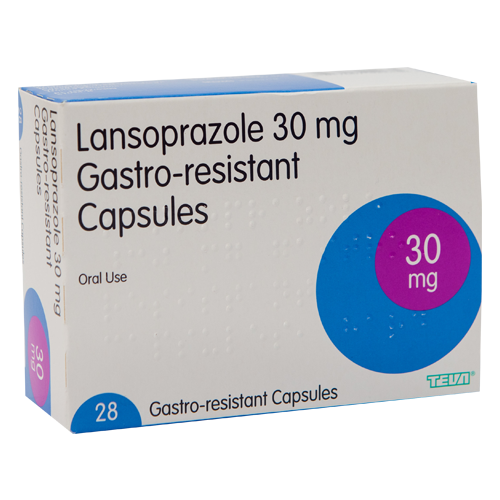
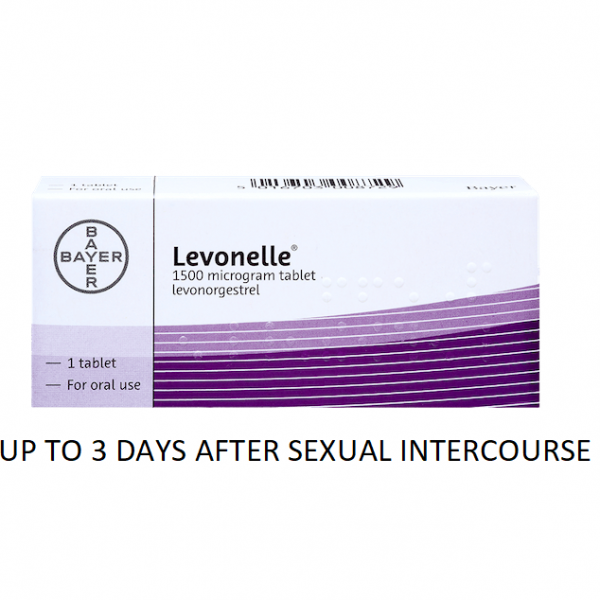
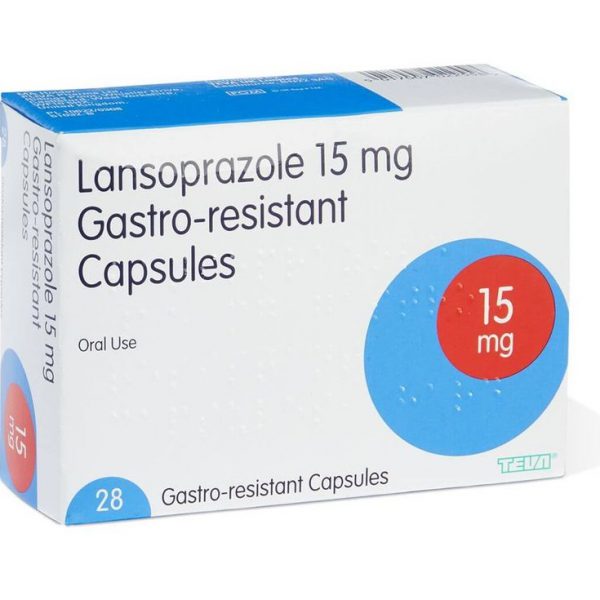
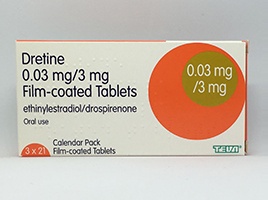

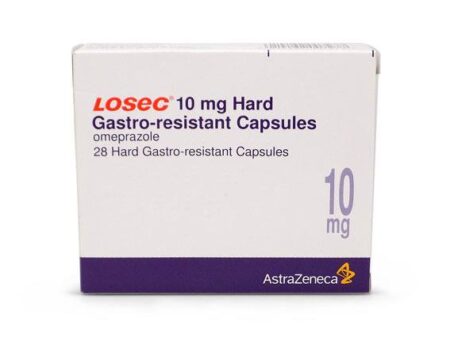
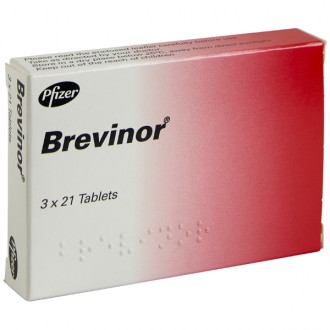

Reviews
There are no reviews yet.